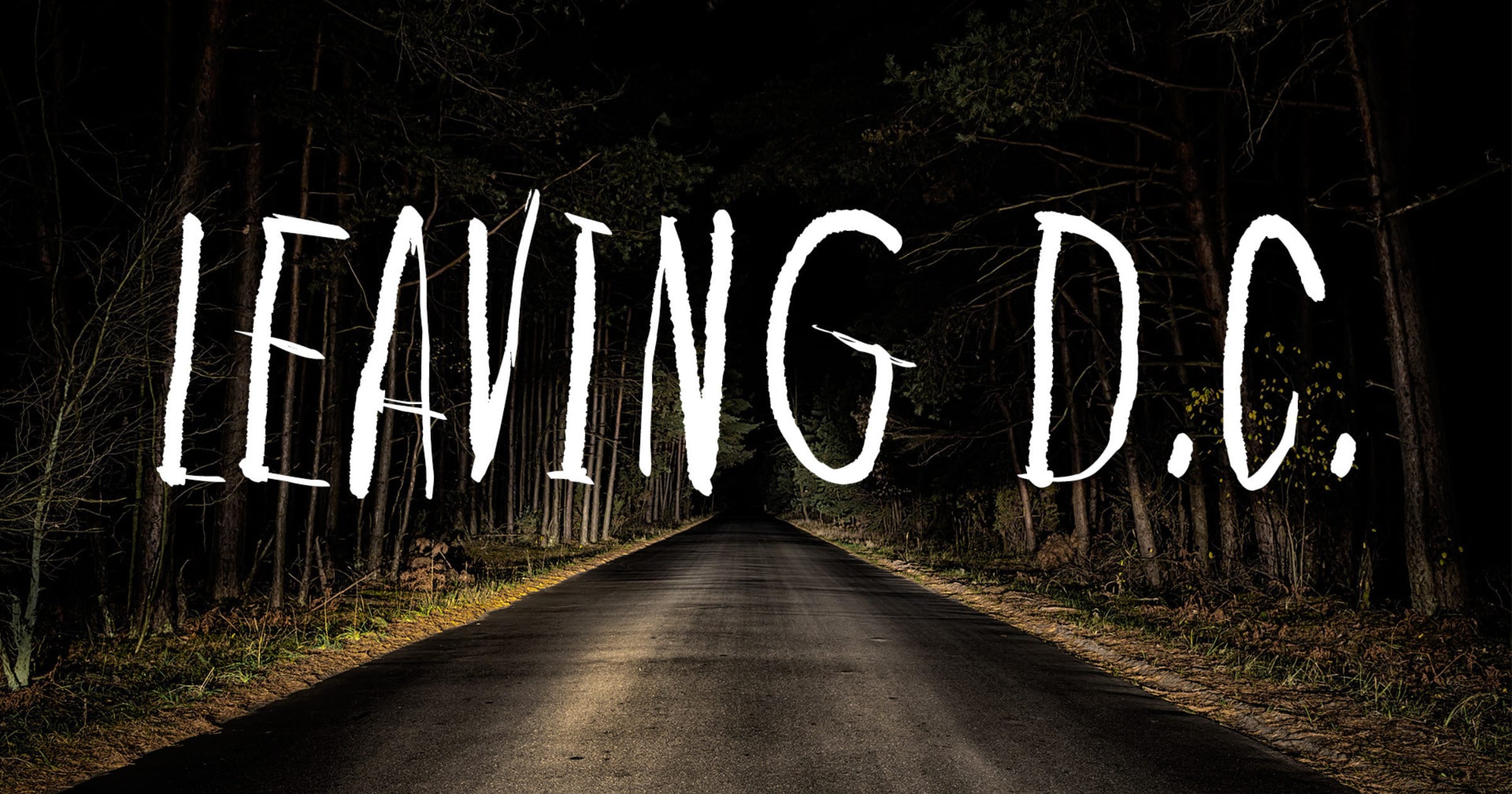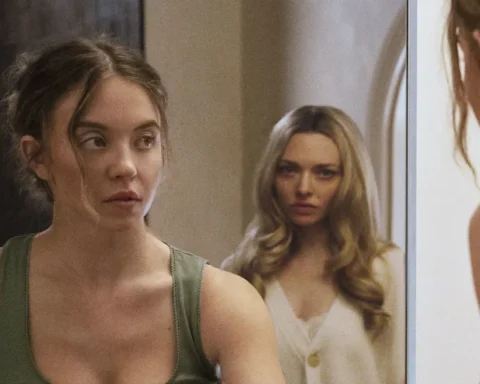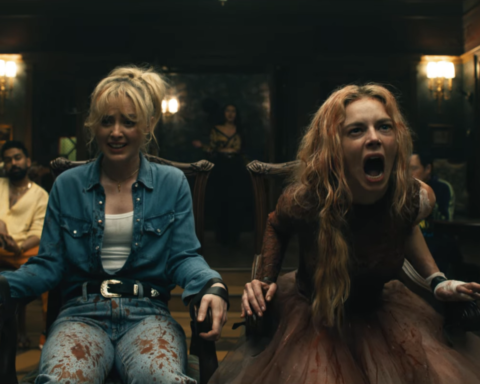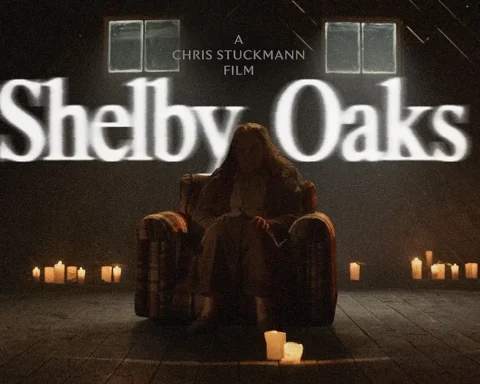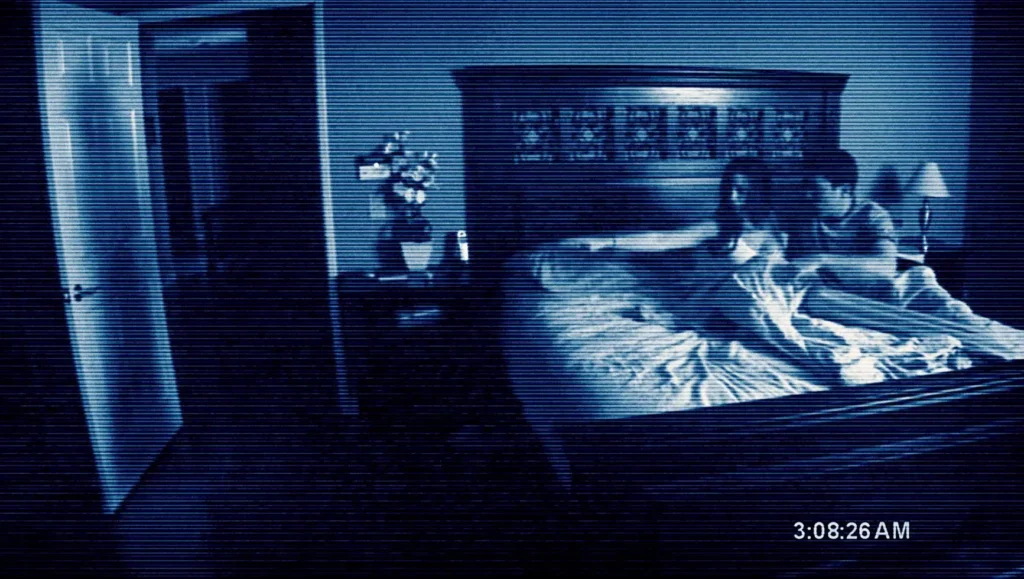In the vast sea of independent films, Leaving DC stands out as a hidden gem that demonstrates the power of minimalism in storytelling. Written, directed, and starring Josh Criss, the film embodies the DIY ethos of indie cinema, delivering a gripping psychological thriller with an atmosphere that lingers long after the credits roll.

The story centers on Mark Klein (Josh Criss), a socially awkward and obsessive character who decides to leave the hustle of Washington, D.C., for a secluded life in the West Virginia countryside. Seeking solitude after a lifetime of feeling out of sync with the fast-paced world, Mark appears to find solace in his quiet surroundings. However, his peace is short-lived as he begins to experience strange occurrences in his new home. Mysterious sounds, eerie recordings, and the creeping sense of being watched unravel Mark’s fragile mental state, culminating in a taut exploration of paranoia and isolation.
A Masterclass in Micro-Budget Storytelling
At its core, Leaving DC is a testament to what can be achieved with a limited budget but a clear vision. The film’s strength lies in its simplicity. Instead of relying on flashy effects or a sprawling cast, Criss focuses on mood and character. The minimalist approach works wonders in amplifying the tension, as the audience is drawn into Mark’s world through his personal video diary—a clever narrative device that adds a layer of intimacy and unease.
The film’s lo-fi aesthetic complements its themes of isolation and paranoia. The grainy quality of the recordings and the mundane yet eerie setting create an atmosphere that feels raw and real. This authenticity, combined with Criss’s nuanced performance, keeps viewers on edge, blurring the line between reality and delusion.
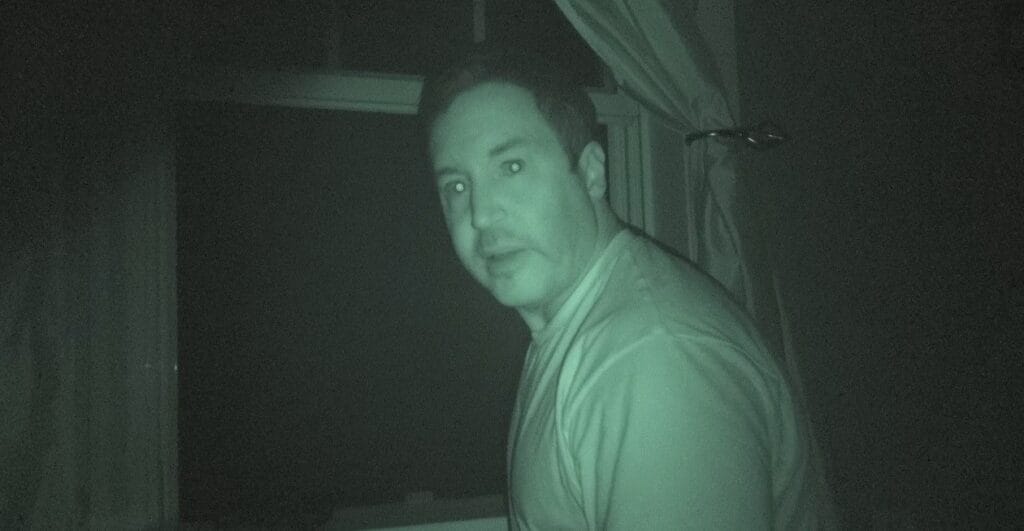
Themes of Loneliness and Mental Unraveling
What sets Leaving DC apart from standard horror fare is its psychological depth. The film is less about overt scares and more about the creeping dread of solitude and self-doubt. Mark’s transition from a hopeful escapee of city life to a man consumed by fear and obsession is both believable and heartbreaking. The movie subtly critiques the romanticized notion of “getting away from it all,” suggesting that isolation can amplify our inner demons instead of silencing them.
Strengths
- Atmosphere: The film is a slow burn, but its pacing serves the story well. The tension builds gradually, pulling the viewer deeper into Mark’s unraveling psyche.
- Performance: Josh Criss delivers a compelling portrayal of a man teetering on the edge of sanity, anchoring the film with authenticity and emotional weight.
- Immersive Narrative Style: The use of video diary footage makes the viewer feel like an active participant in the story, heightening the sense of immediacy and dread.
Weaknesses

While the film is impressive given its budgetary constraints, it is not without flaws. Some viewers might find the pacing too slow or the resolution too ambiguous. The limited cast and setting, while integral to the film’s charm, may not appeal to those looking for more traditional thrills or action. Additionally, the sound design—though effective in parts—can sometimes feel repetitive or underdeveloped.
Final Words
Leaving DC is an understated yet powerful exploration of psychological terror. It’s not a film for those seeking jump scares or high-octane thrills, but for fans of atmospheric, character-driven horror, it’s a rare find. Josh Criss’s ability to craft an engaging narrative with such limited resources is a feat worth applauding, and the film’s themes of isolation and mental fragility are more resonant than ever in today’s hyper-connected yet often lonely world.
If you’re willing to embrace its slow pace and embrace its subtle chills, Leaving DC is a haunting experience that lingers in the mind. It’s a reminder that sometimes, the scariest place to be is alone—with your own thoughts.
